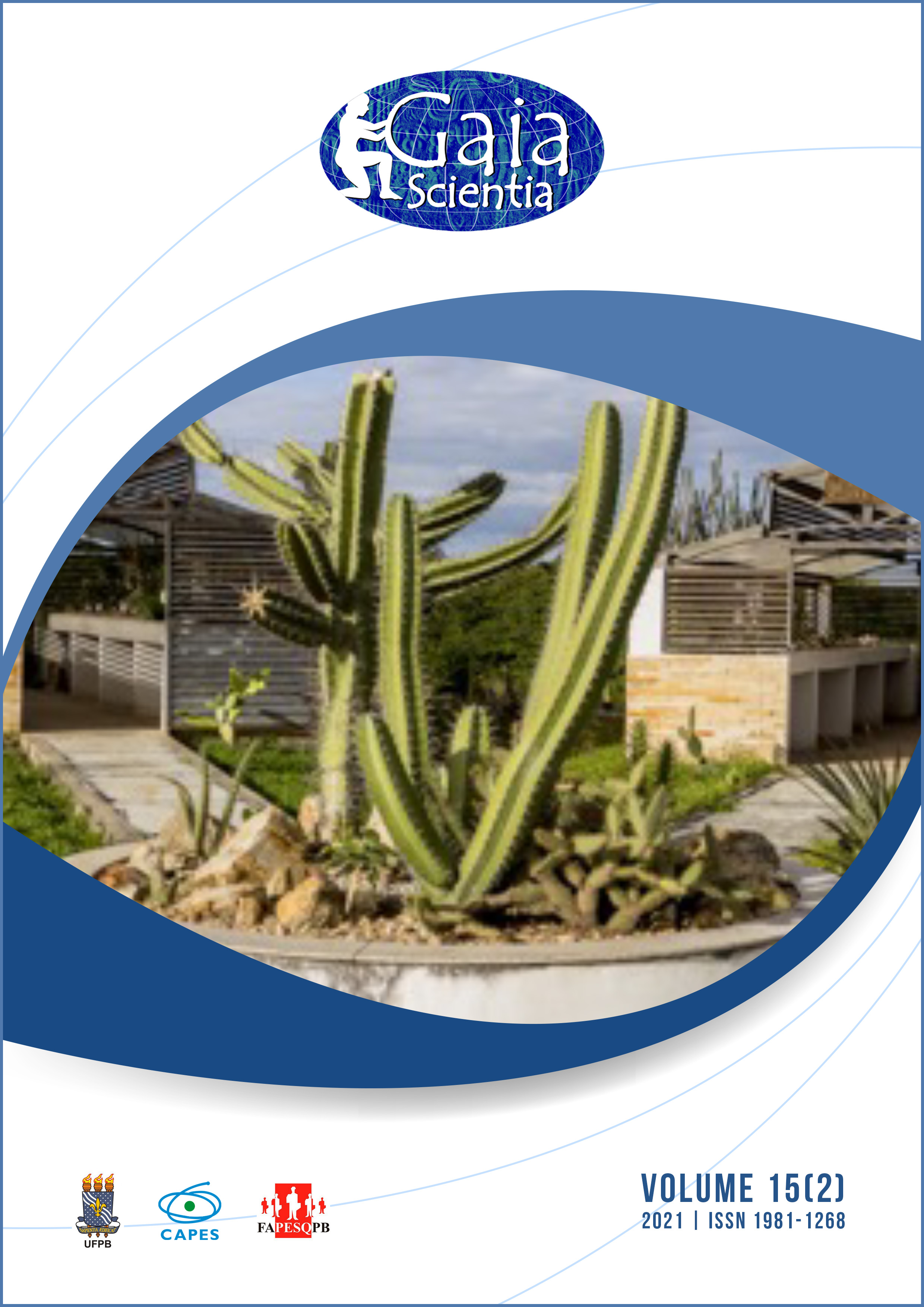Fishing and perception of fish stocks on the lagunar portion of Jequiá da Praia Marine Extractive Reserve, Alagoas, Brazil
Abstract
The Jequiá da Praia Marine Extractive Reserve (REM) - Alagoas, was created to ensure sustainable use and conservation of renewable natural resources, protecting the livelihoods and culture of the local extractive population. In order to describe the fishing activities in the REM lagoon portion, 80 fishermen were interviewed about three central themes: (1) Personal characteristics, (2) Fishing supplies and techniques, and (3) Perception of resource availability. The sample was composed by gender male (90%), with a mean age of 42.6 years (± 9.00) and about 28.3 years (± 9.04) dedicated to fishing. Nine different devices used in 13 specific techniques were identified, with prominence of nets and casting nets. Ninety percent of the fishermen affirmed that of 24 ethnospecies were in decline in fishing stocks or locally disappeared. Carapeba (Diapterus sp.) and camurim (Centropomus undecimalis and C. parallelus) were the most cited ethnospecies as in declining stock situation, while mandim (Cathorops spixii) and cará (Geophagus sp.) were the most cited ethnospecies as having disappeared locally. Prohibited fishing and divine punishment were the main pointed causes. It is concluded that the discussion about the local knowledge of fishermen could improve the construction of community-based solutions, which are crucial tools to the management of protected areas.










